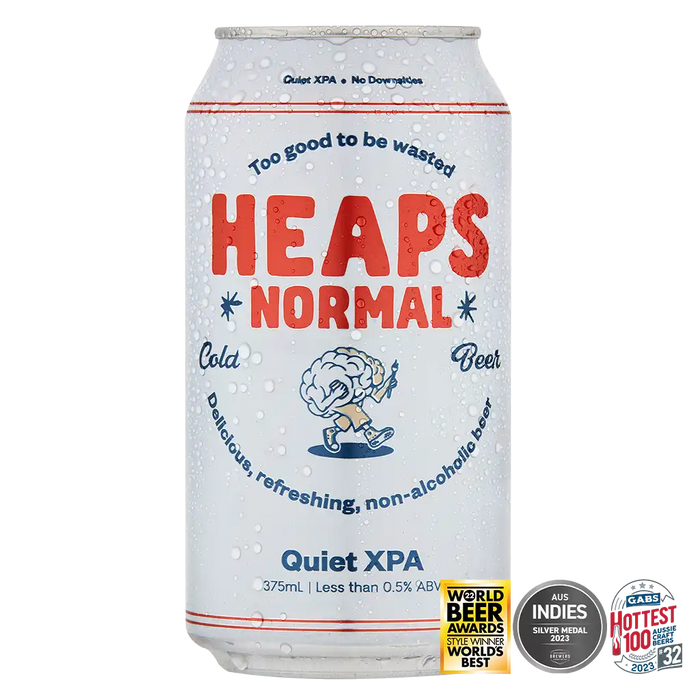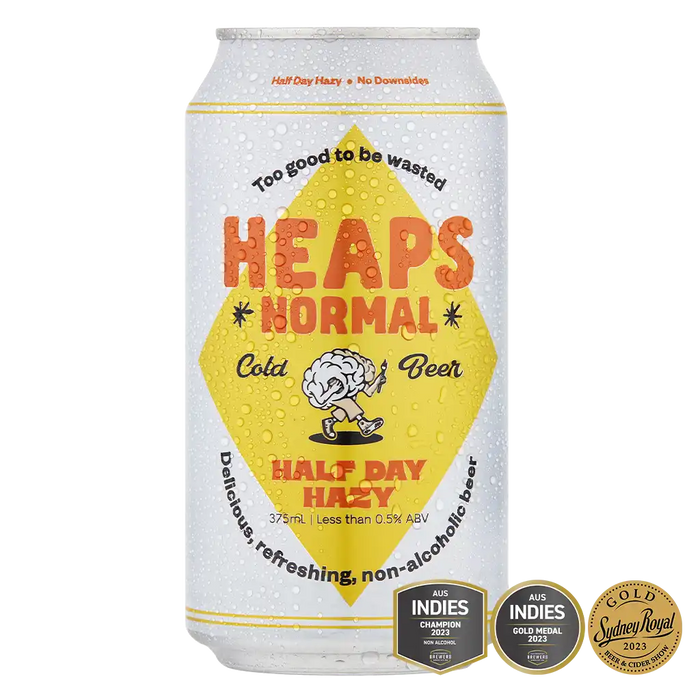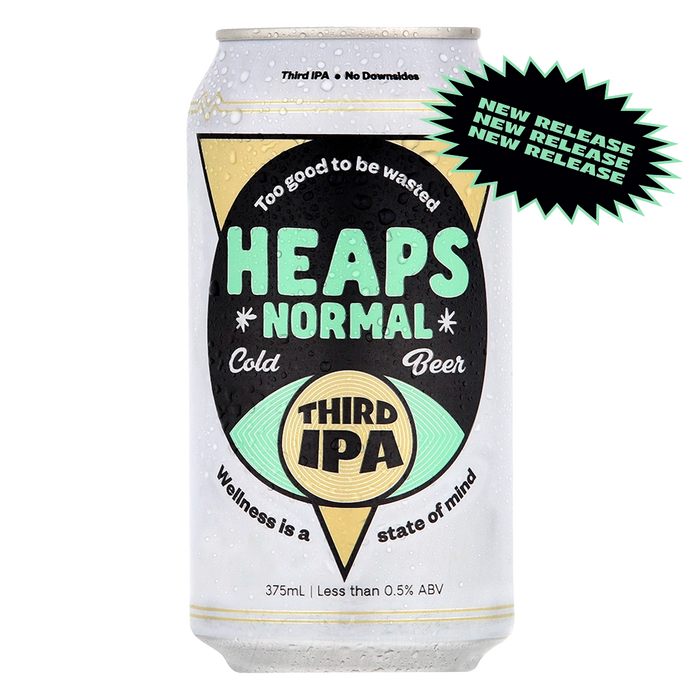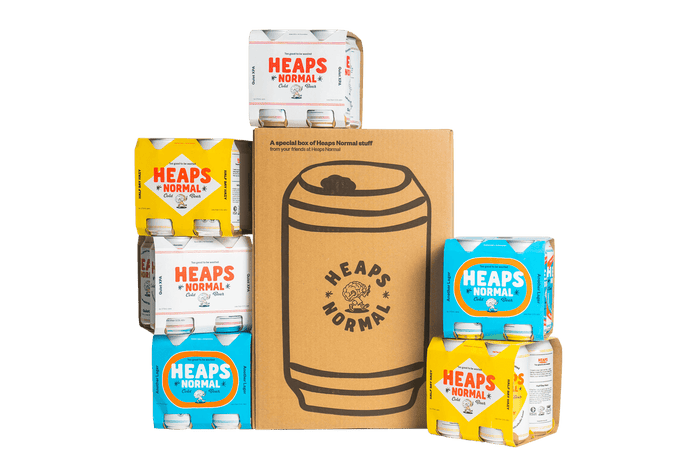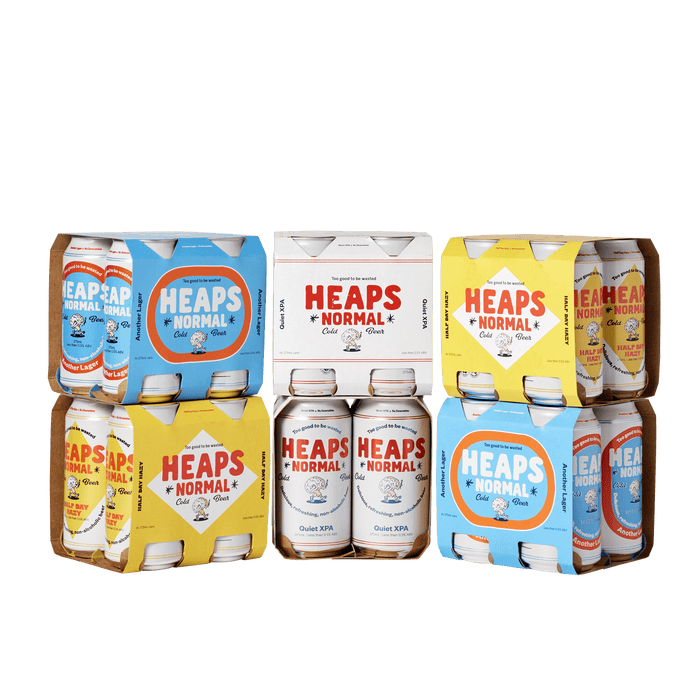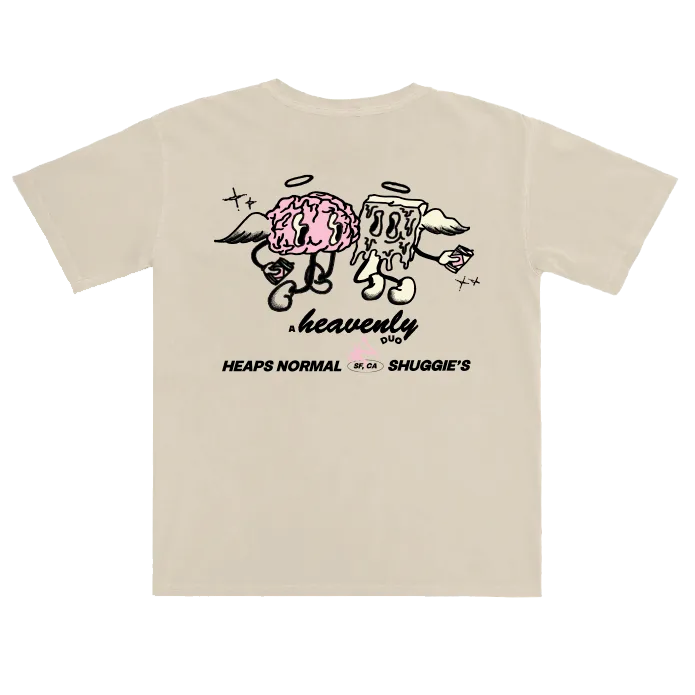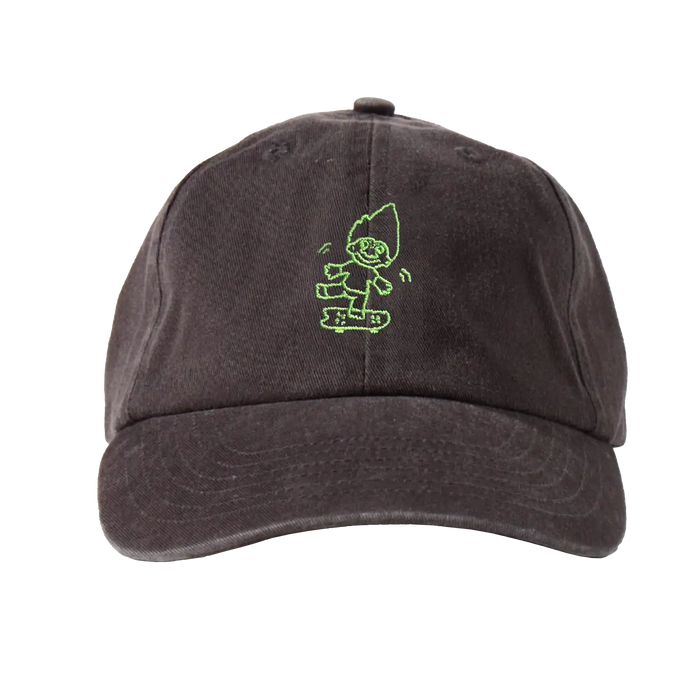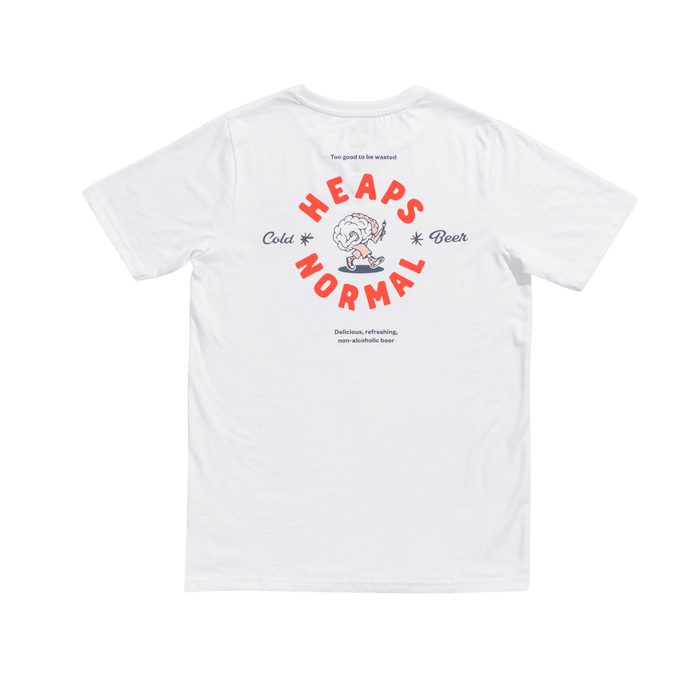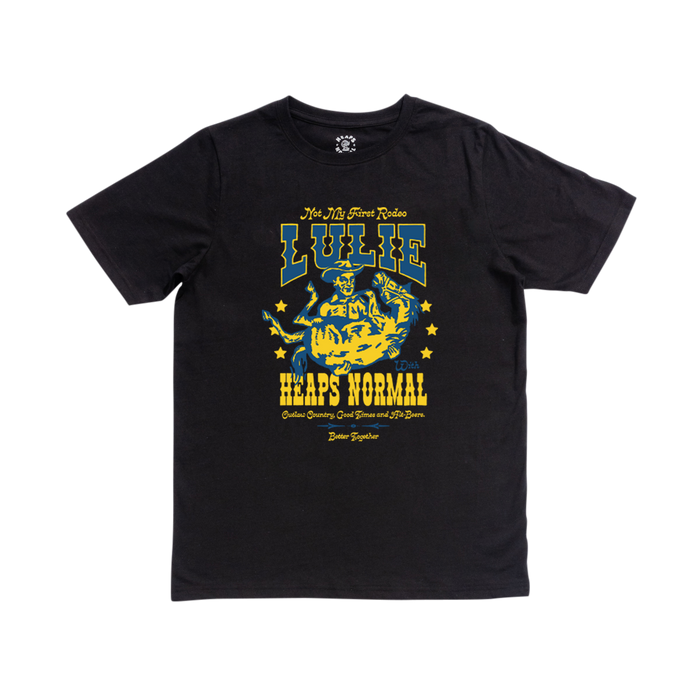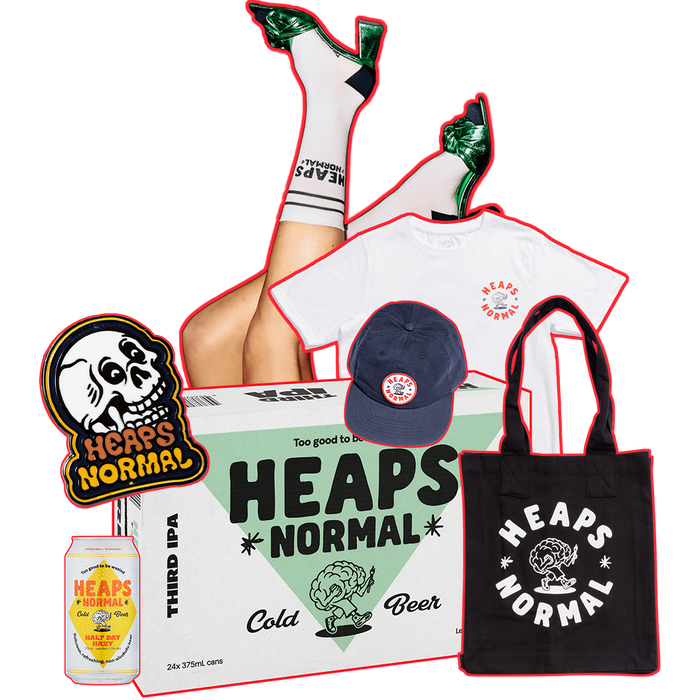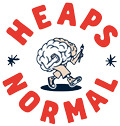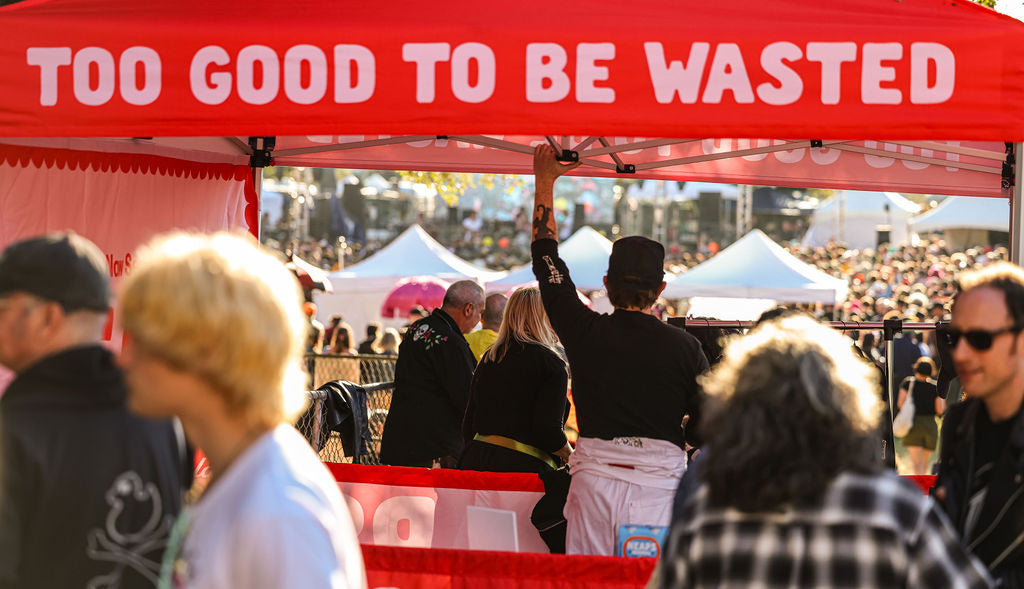NORMAL PEOPLE - DASH & ROSS
Intro and interview by Carolina Pasini
Photos by Cassie Abraham
Ross McQuinn and Dash Rumble are the dynamic duo behind Canberra’s fine dining institution Pilot and newer kid on the block Such and Such. From humble beginnings at Canberra’s eightysix restaurant to becoming two of the city’s most prominent restaurateurs, Ross and Dash are all about showcasing the region’s exceptional produce while building spaces that feel both intentional and welcoming.
In the last Normal People instalment of 2024, our friends share the nuances of balancing quality and consistency in a turbulent Aussie hospitality landscape, the creative spark behind Such and Such, and how the tight-knit Canberra community makes big dreams feel achievable. They also dive into the challenges faced by the Australian hospitality sector—from rising costs to improving workplace conditions—and offer insights for those who want to support local, independent venues.
Whether it’s their ‘quality over quantity’ mindset, the collaborative magic of weekly team meetings, or a good old-fashioned reality TV binge after a long day, Ross and Dash prove that staying grounded, adaptable, and community-focused is the secret to surviving and thriving in today’s hospitality scene.

